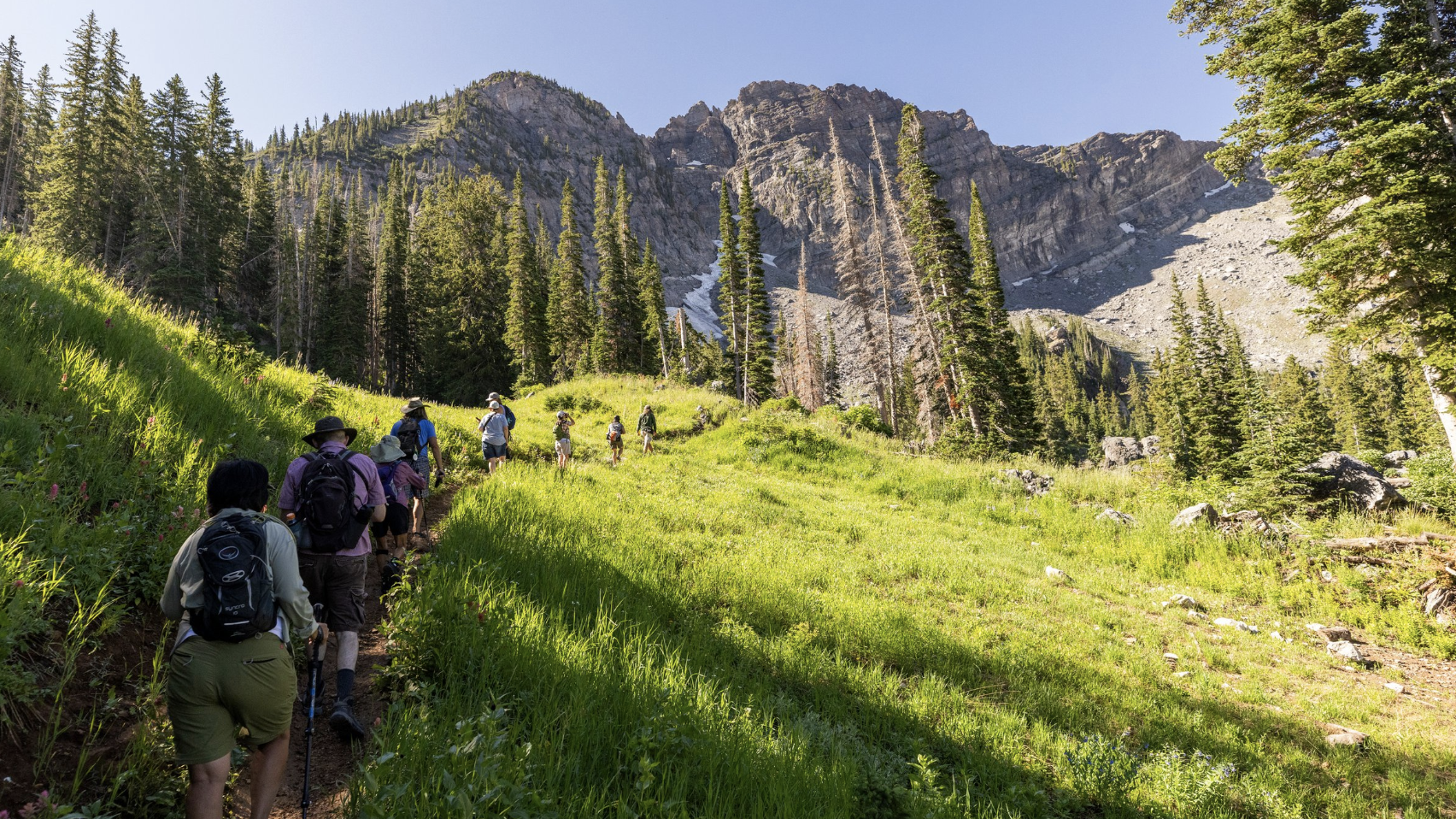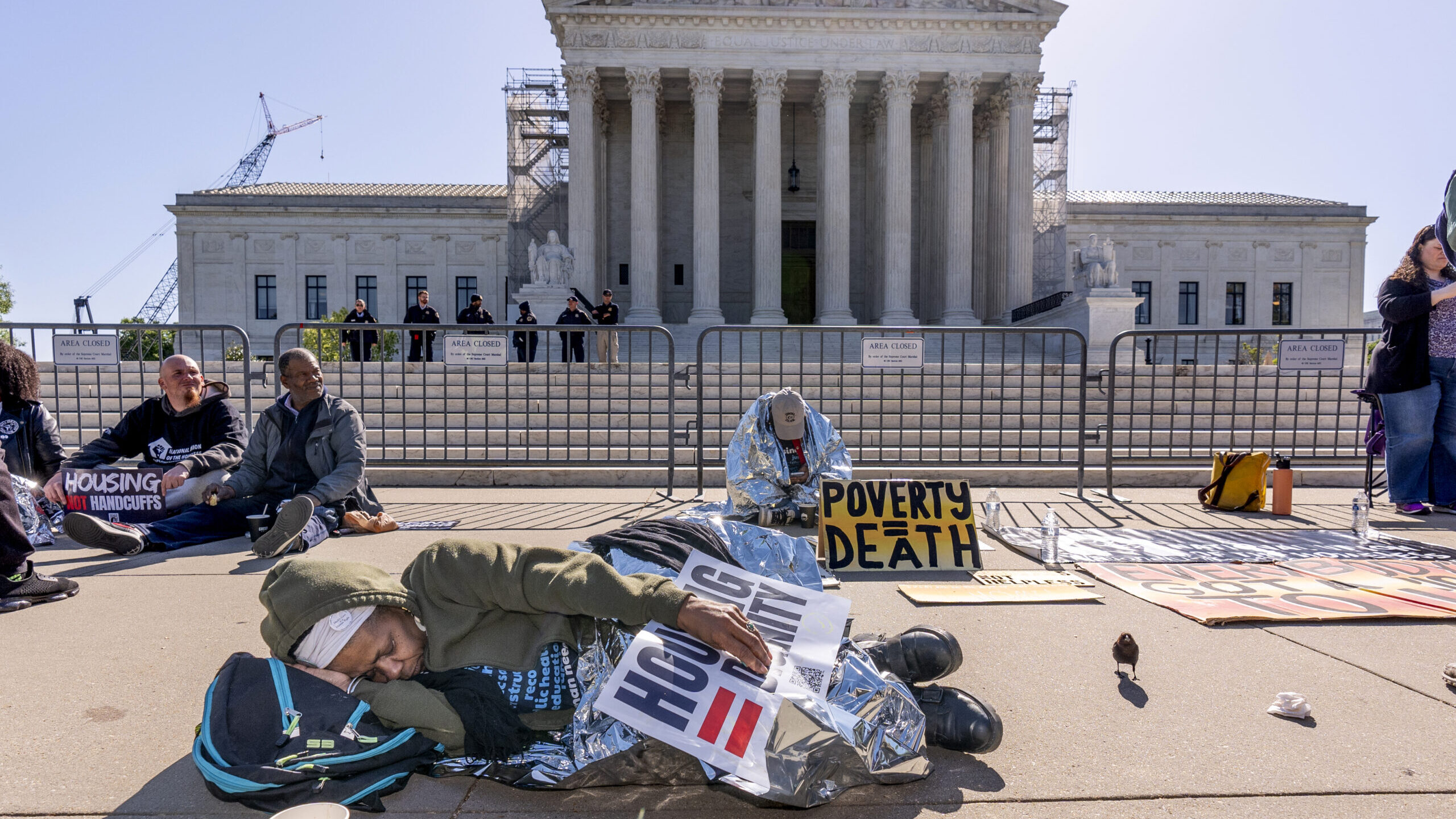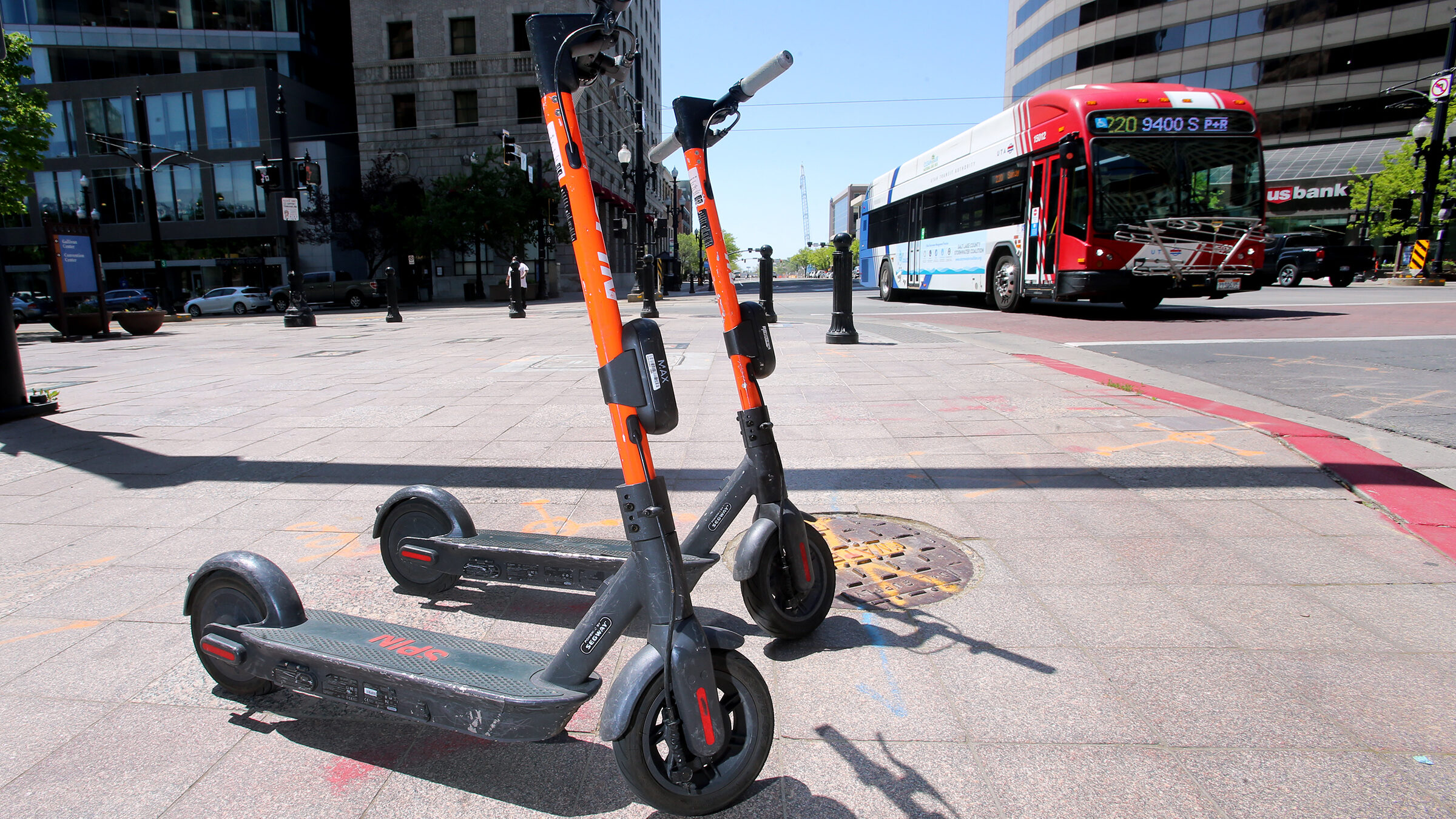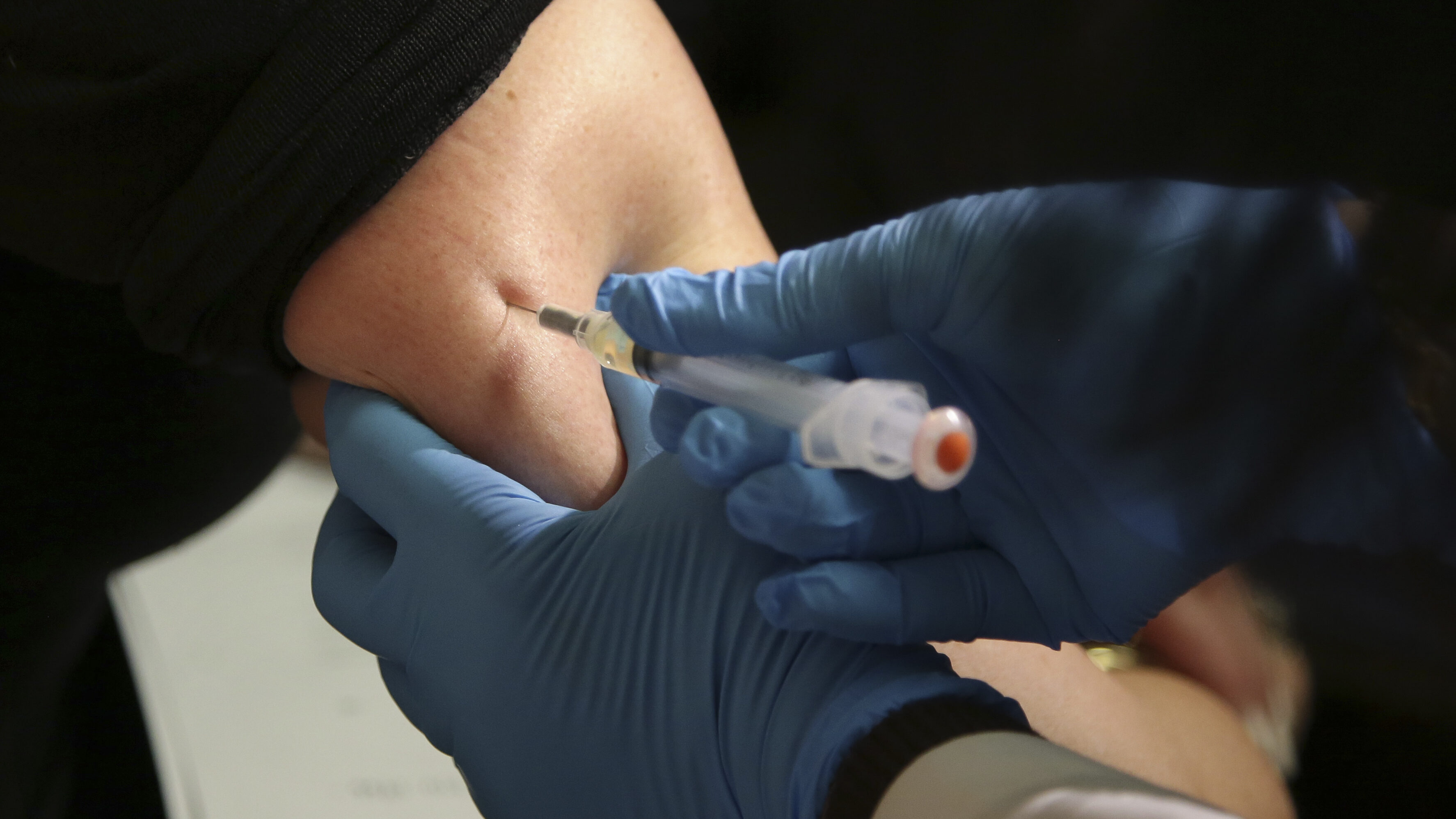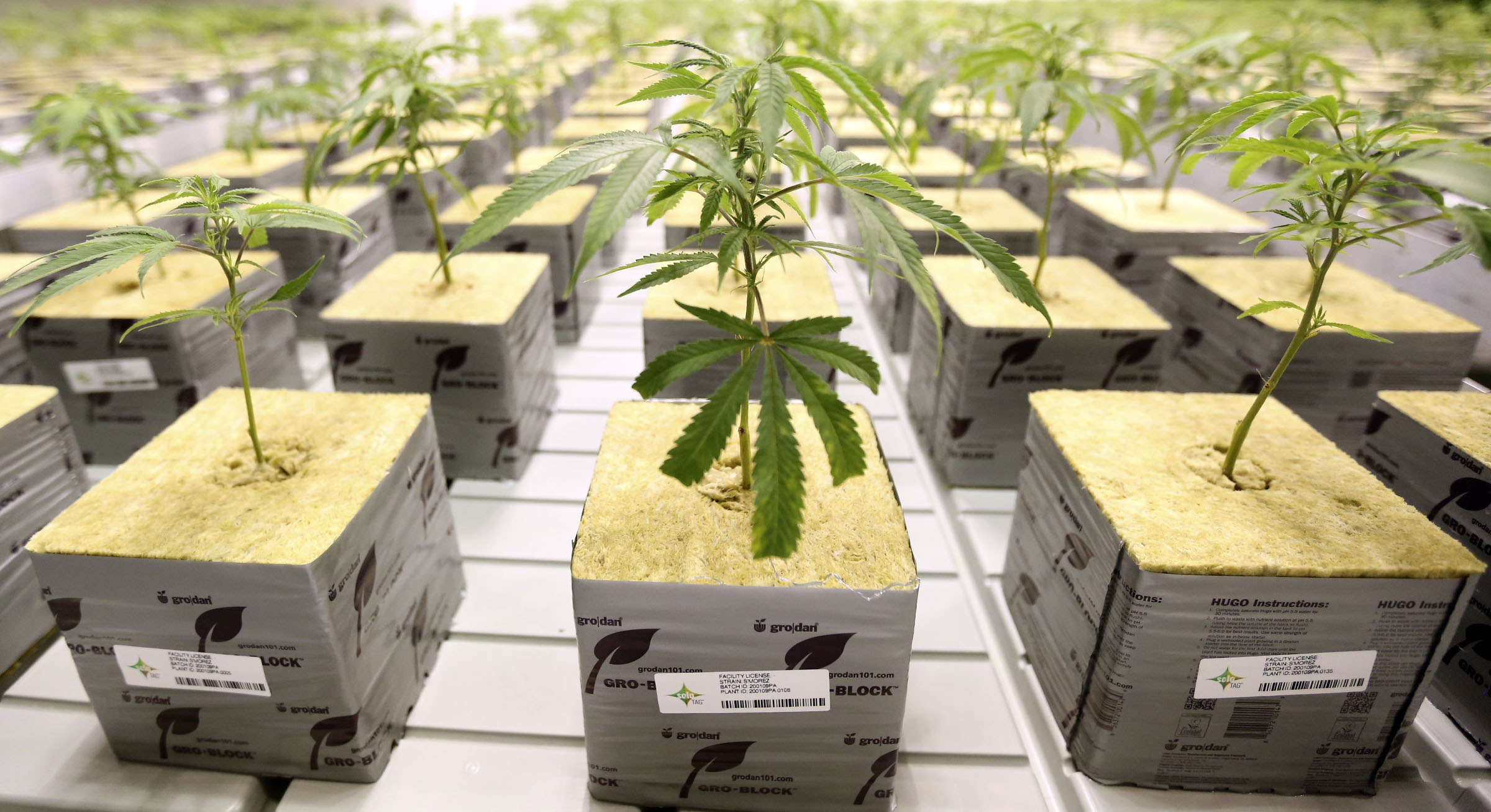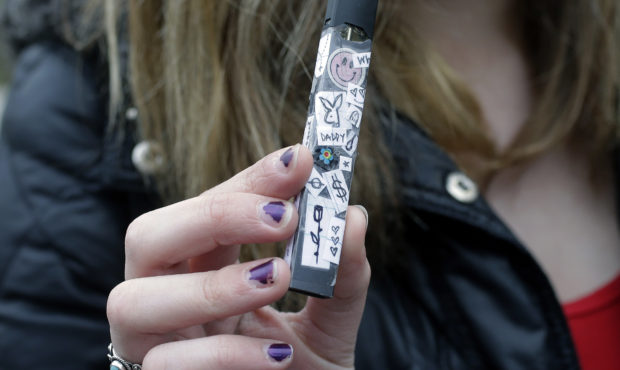State officials: Utah ready to store, distribute COVID-19 vaccines
Dec 2, 2020, 9:36 AM
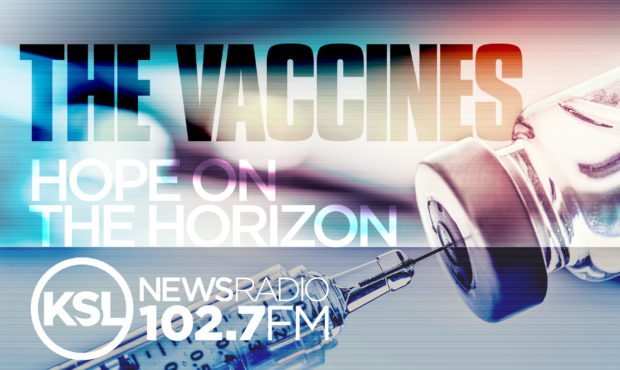
Utah Valley Hospital is offering appointments to receive the first dose of the COVID-19 vaccine to individuals age 70 and older who live in Utah County. (IMAGE: KSL Newsradio)
(IMAGE: KSL Newsradio)
EDITORIAL NOTE: ‘Utah ready to store, distribute COVID-19 vaccines’ is the third part of our four-part series, ‘The Vaccines: Hope on the Horizon.’ Each day, KSL will break down a different aspect of COVID-19 vaccine development and distribution. Listen to Utah’s Morning News at 7:45 a.m. and to Jeff Caplan’s Afternoon News at 4:45 p.m. every day this week for the latest.
SALT LAKE CITY — The Utah Department of Health is finalizing its COVID-19 vaccination plan, which will feature mass scale storage and distribution of the vaccines.
But as many wonder who will get the vaccines and when, it’s important to remember that some serious work behind the scenes was needed to even get “vaccine ready.”
That’s no small task, according to the state’s immunizations director, Rich Lakin.
“We have to coordinate with the CDC (Centers for Disease Control and Prevention) to ensure we meet the requirements as a state,” he told KSL NewsRadio.
Getting Utah ready for the COVID-19 vaccines
Part of the paperwork involved identifying five hospitals that can store and administer the vaccine. Those five hospitals are LDS, University of Utah, Intermountain’s main Murray medical center, Utah Valley Regional and Dixie Regional.
Lakin says these locations were chosen because of their storage size and ability to keep the vaccine at an appropriate temperature, which if you’re wondering, is pretty cold.
“Somewhere between -80 and -20 Celsius,” he said.
Specifically, Moderna’s vaccine requires “regular” freezer temperature, while Pfizer’s vaccine needs to be shipped across the country in special, subzero freezer boxes.
Lakin adds that the vaccines can be stored for up to six months.
Navigating the shipping logistics
In terms of which vaccine will be more available around the Salt Lake area, it comes down to shipping.
“The Pfizer vaccine will most likely be used along the Wasatch Front with larger facilities, because the Pfizer vaccine comes in a thousand minimum doses,” he said. “Logistically, it makes it a little more difficult to send that out to rural areas.”
Once the vaccine arrives, Lakin said individual hospitals will administer the vaccine. Ultimately, it will be their decision whether to add staff to assist nurses and doctors in the effort.
How To Prevent the Spread of COVID-19 Coronavirus
COVID-19 coronavirus spreads person to person, similar to the common cold and the flu. So, to prevent it from spreading:
- Wash hands frequently and thoroughly, with soap and water, for at least 20 seconds.
- Don’t touch your face.
- Wear a mask to protect yourself and others per CDC recommendations.
- Keep children and those with compromised immune systems away from someone who is coughing or sneezing (in this instance, at least six feet).
- If there is an outbreak near you, practice social distancing (stay at home, instead of going to the movies, sports events, or other activities).
- Seek out a flu shot.
Local resources
Utah’s Coronavirus Information
The Church of Jesus Christ of Latter-day Saints
Utah Coronavirus Information Line – 1-800-456-7707
National Resources
Centers for Disease Control and Prevention


